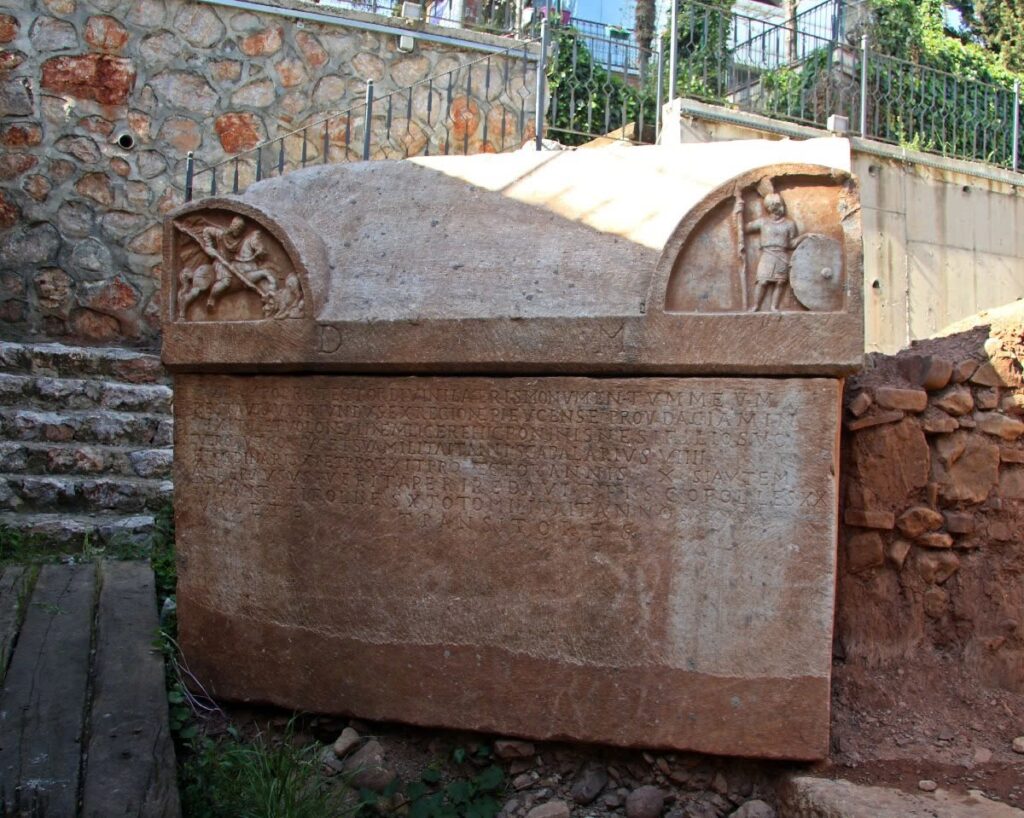Ancient Roman Tomb Discovered in Western Turkey
In a stunning archaeological discovery, a Roman sarcophagus inscribed with the title “Emperor’s Protector” has been found in Kocaeli province, western Turkey. This groundbreaking find represents the first recorded instance of an emperor’s bodyguard in Anatolia.
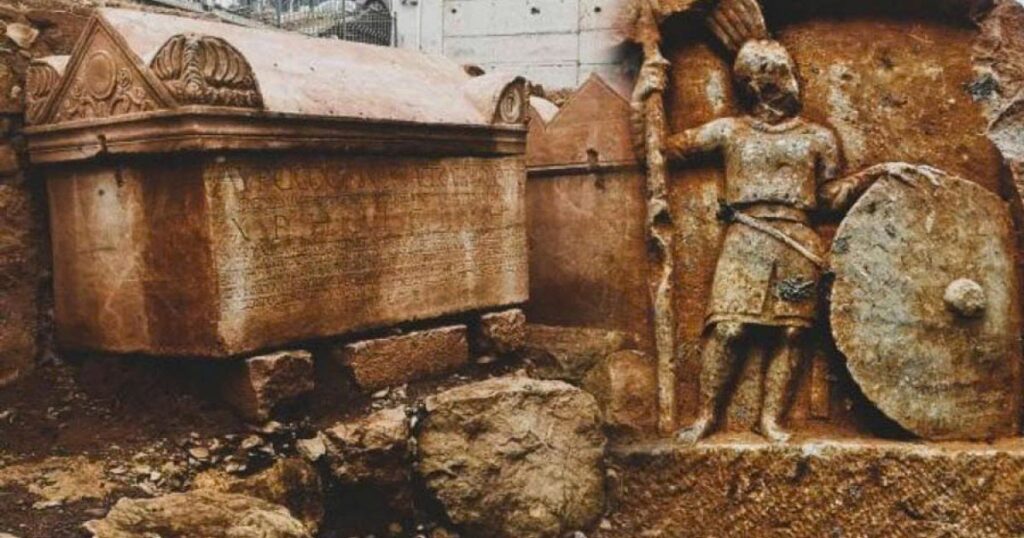
The Excavation
Between 2017 and 2019, during the construction of a foundation, archaeologists stumbled upon significant cultural artifacts. The Kocaeli Museum Directorate launched rescue excavations that uncovered 37 graves. Among these, one particular sarcophagus drew attention due to its Latin inscription, which identified the individual as an “Emperor’s Protector.”
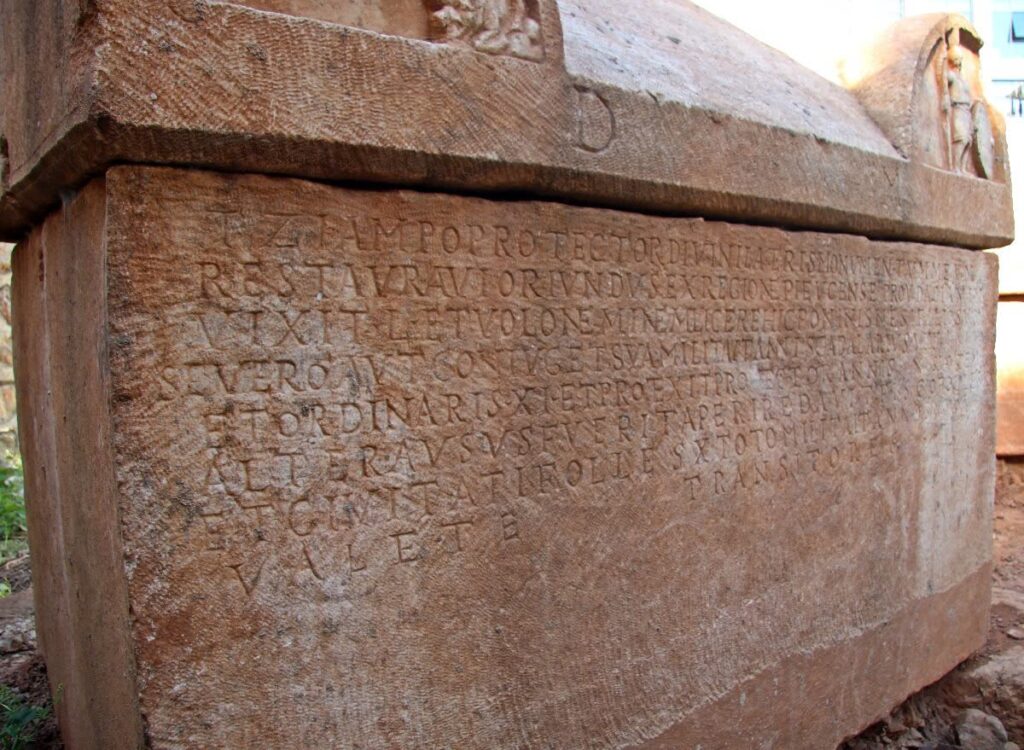
Tziampo: Bodyguard to Diocletian
Research conducted by Associate Professor Hüseyin Sami Öztürk from Marmara University confirmed that the sarcophagus belonged to Tziampo, a bodyguard for Emperor Diocletian. The inscription on the tomb reveals intriguing details about Tziampo’s life and military service:
- He lived for 50 years
- Served 9 years in the cavalry
- Held the position of “ordinarius” (captain) for 11 years
- Acted as a protector for 10 years
- Left specific instructions regarding who could be interred in his tomb
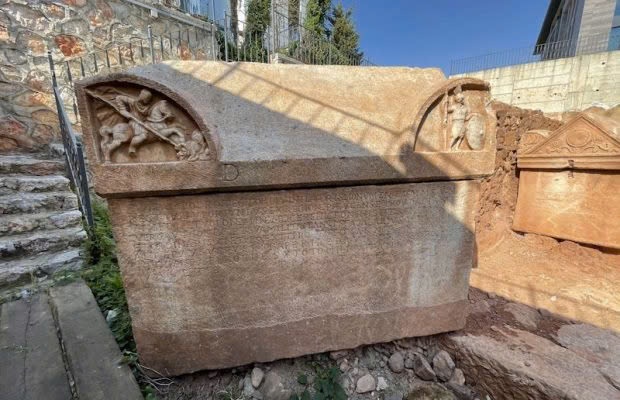
A Unique Discovery
Serkan Geduk, the Director of Kocaeli Museum, highlighted the international importance of this find. Unlike earlier discoveries related to Roman emperor protectors, which only included inscriptions, the Tziampo Sarcophagus features two skeletons and burial artifacts, making it a unique example globally.
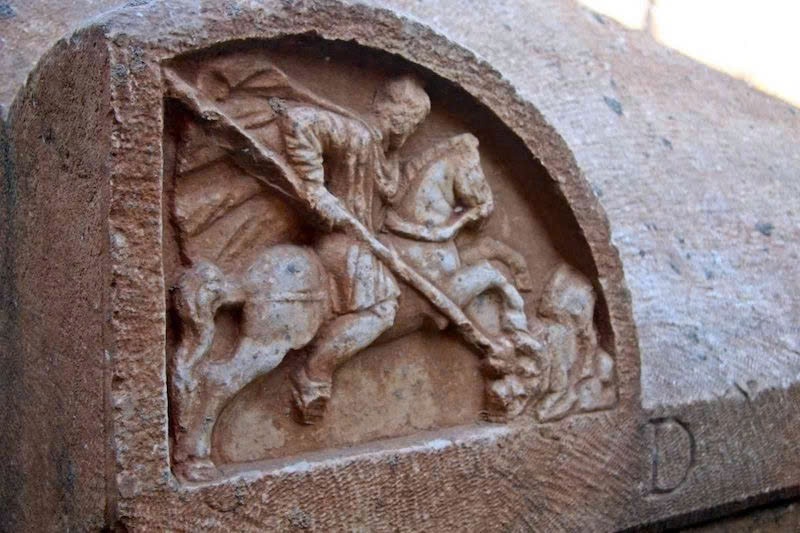
Historical Importance
Tziampo, originally from Romania, is recognized as the eighth known “Emperor’s Protector” and the first documented in Anatolia. This prestigious title was established during Emperor Gallienus’ reign and awarded to the most exceptional soldiers of the late Roman army.
The Tziampo Sarcophagus not only enhances our understanding of the Roman military hierarchy but also offers invaluable insights into the lives and deaths of those who served at the highest echelons of the Roman Empire.
